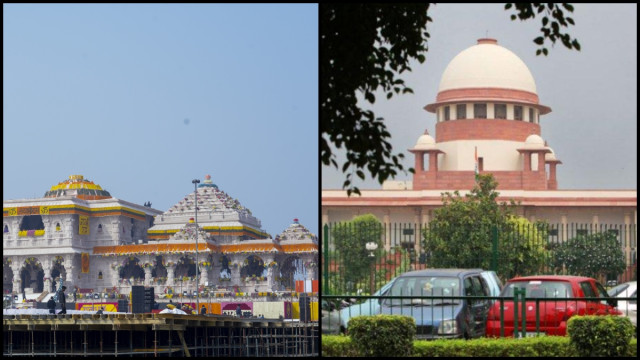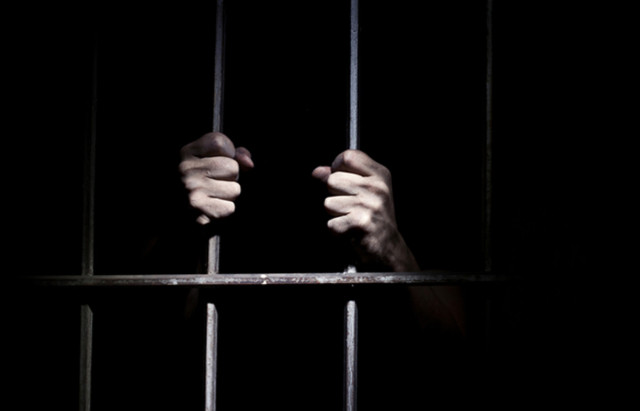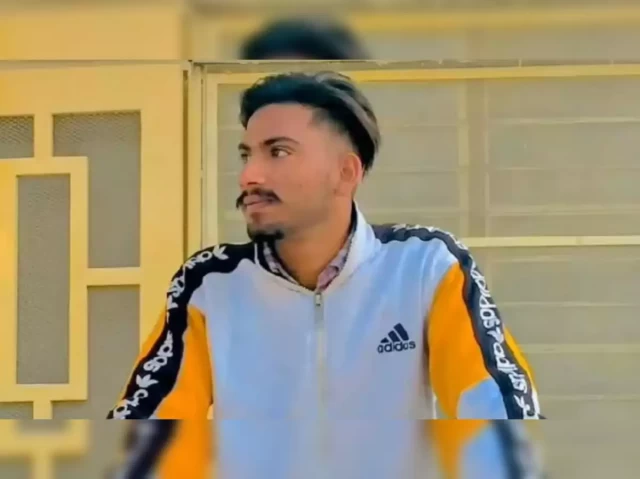Supreme Court instructs the Tamil Nadu government not to refuse screening requests for the Ram Mandir Pran Pratishtha event
- Posted on January 22, 2024
- Legal
- By Arijit Dutta
- 509 Views
The Supreme Court directs Tamil Nadu not to reject requests for live streaming, of Lord Ram's 'Pran Pratishtha' in Ayodhya's Ram Mandir. The Tamil Nadu government faces scrutiny for an alleged ban on the telecast. BJP moves urgently against this order, citing violations of fundamental rights and potential law and order issues.
 Image Source -www.indiatvnews.com
Image Source -www.indiatvnews.com
In
a significant ruling on Monday, the Supreme Court intervened in the ongoing
dispute over the live streaming of Lord Ram Lalla's 'pran pratishtha' ceremony
at the Ram Janmabhoomi Temple in Ayodhya. Justices Sanjiv Khanna and Dipankar
Datta directed the Tamil
Nadu government not to reject screening requests for the event, asserting
that no one is obligated to comply with oral orders.
The
court issued notices to the Tamil Nadu government in response to a plea
challenging the state's oral order, which allegedly banned the live telecast of
the consecration ceremony in temples across Tamil Nadu. The government defended
its stance, emphasizing that there were no such restrictions and that the plea
was politically motivated.
Despite the government's claims, the Supreme Court emphasized that permission for live streaming should not be rejected solely based on the presence of other communities in the vicinity. The Bharatiya Janata Party (BJP) approached the court urgently, challenging the DMK-led Tamil Nadu government's alleged ban on live telecast at temples and public places.
Advocate
G Balaji, representing Vinoj P Selvam of the Tamil Nadu BJP, filed the
petition, asserting that the government's actions violated fundamental rights.
The plea highlighted the arbitrary ban on live telecast, poojas, archanas, and
annadanam during the 'Pran Prathishta' of Lord Ram, urging immediate judicial
intervention to prevent potential law and order issues.
Union
Finance Minister Nirmala Sitharaman accused the DMK-led government of
instructing the State Police to deny permission for the live broadcast, warning
of possible disruptions during the ceremony. As the legal battle unfolds, the
Supreme Court's directive ensures that the 'pran pratishtha' ceremony proceeds
with live broadcasting, emphasizing inclusivity in a diverse society.




